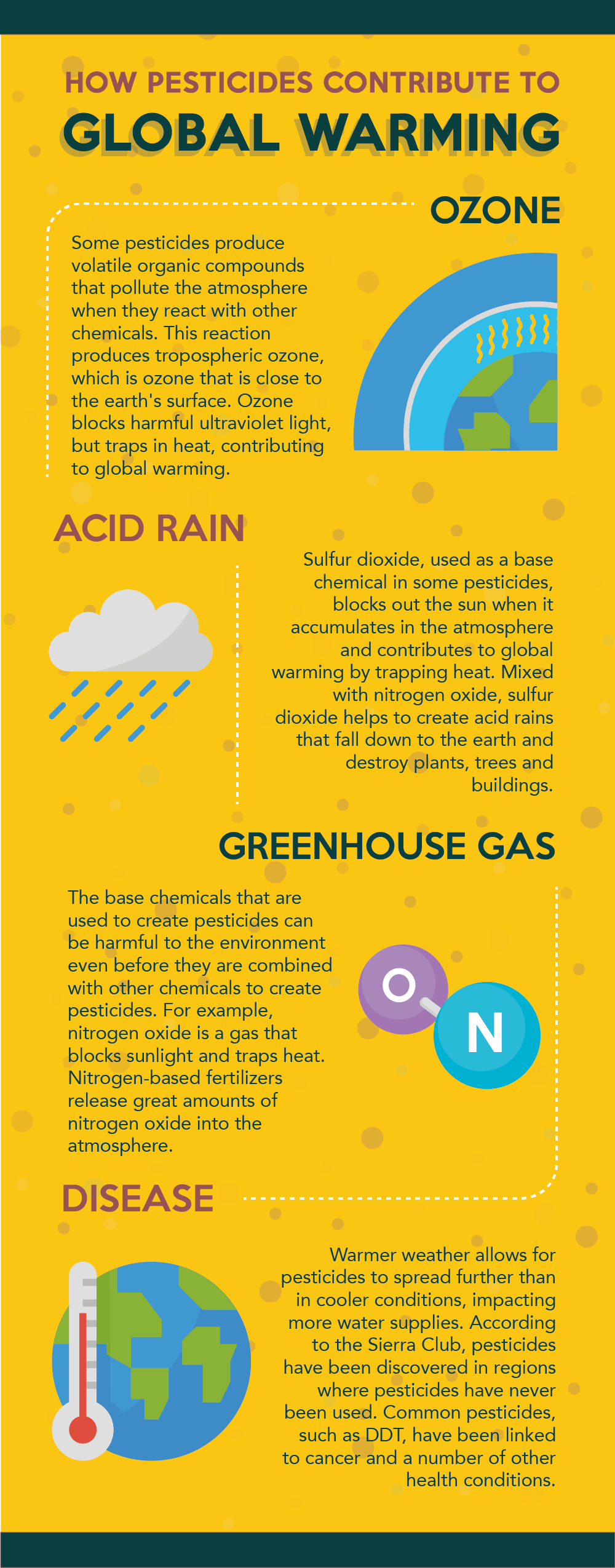A report released by the UN Intergovernmental Panel on Climate Change (IPCC) states that humanity has just 12 years to reverse the effects of climate change and keep the global temperature rise to a maximum of 1.5° C (2.7° F). The IPCC report finds that it would take an effort greater than the one that we are currently seeing in order to halt global warming. This is a very real reminder of the immediate need for action by governments across the globe. This imminent peril for our planet will become a significant driver for legislation in the coming years in order to force businesses to transit towards sustainable practices. In the case of agriculture, this will eventually lead to a transition towards sustainable and organic farming, that will usher a new green revolution and increase the demand for sustainable agricultural inputs.
A changing climate, a rising population and the decimation of the environment by pollution are very real risks that will shape future legislation. A rise of 2°C (3.6° F) would increase sea levels by another 4 inches (10 centimeters) on average, increasing the intensity of severe rainfall events by 2% and reducing global wheat production by 7%. Global food production depends on a delicate environmental balance, and ironically, the same medium being used to ensure it, are the ones threatening it: synthetic pesticides.

Agricultural activities are among the main contributors of methane, with some countries having already taken action against toxic agricultural substances such as pesticides. The European Union has recently banned the use of neonicotinoids which have played a big role in the decimation of bee colonies worldwide. In June, Hawaii banned the pesticide chlorpyrifos after the Environmental Protection Agency (EPA) failed to do so. Derived from a chemical created during world war II, chlorpyrifos, was later repurposed for agriculture by Dow Chemical, and has since been linked to reduced IQ and attention deficit disorder in children. New York and California are currently reviewing a possible ban on this pesticide as well. Hawaii joins a list of states in the US that has defied the federal government by banning substances at a local level and serves as an indicator of the future for toxic substances.
Glyphosate is a herbicide that has also recently been under the spotlight due to the fact that it has been linked to cancer by the World Health Organization (WHO), and has been the subject of a high-profile lawsuit against popular herbicide maker Monsanto. The IPCC report, alongside consumer pressure in the age of social media, will certainly add pressure towards the global demand for sustainable solutions, and drive change in both governments and companies.
At Primal we operate the largest commercial neem plantation in the world. Relying solely on sustainable agricultural inputs, we have built the agricultural model that is future-proofed, one that not only provides higher yields, but also nurtures the land, protects the environment and aims to be carbon neutral. Alongside other practices like our solar panel initiative, we look to be completely independent from the Brazilian electrical grid and rely solely on renewable energy resources. At Primal, we acknowledge the driving force of climate change being a reality that needs to be factored into the agricultural model of the future, while striving to remain a pioneer in sustainable agriculture and offering opportunities to positively impact the future of humanity.